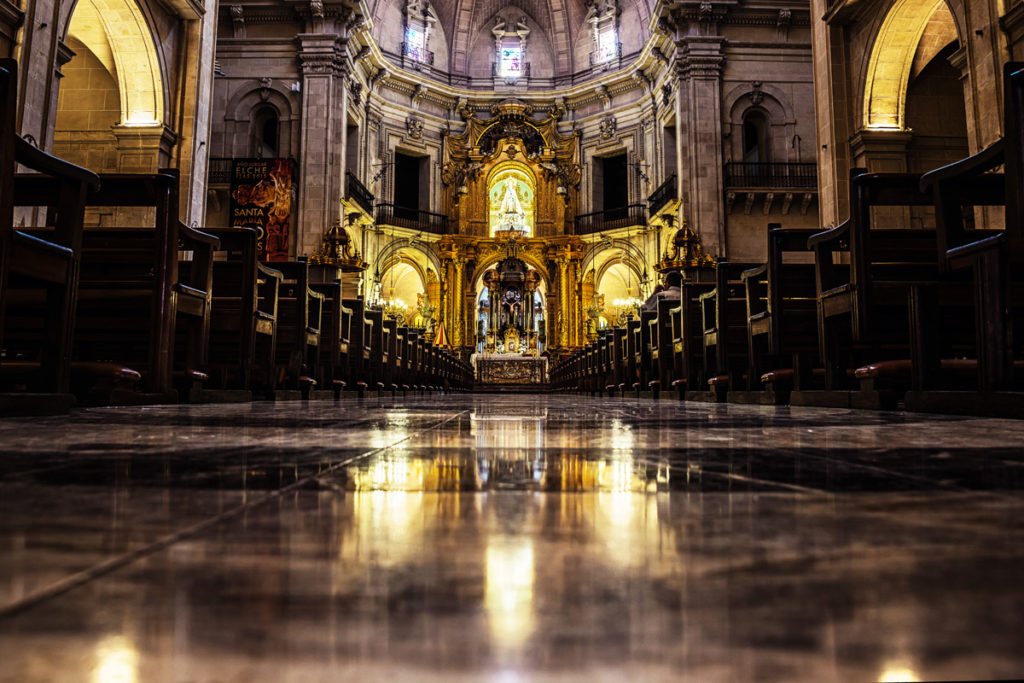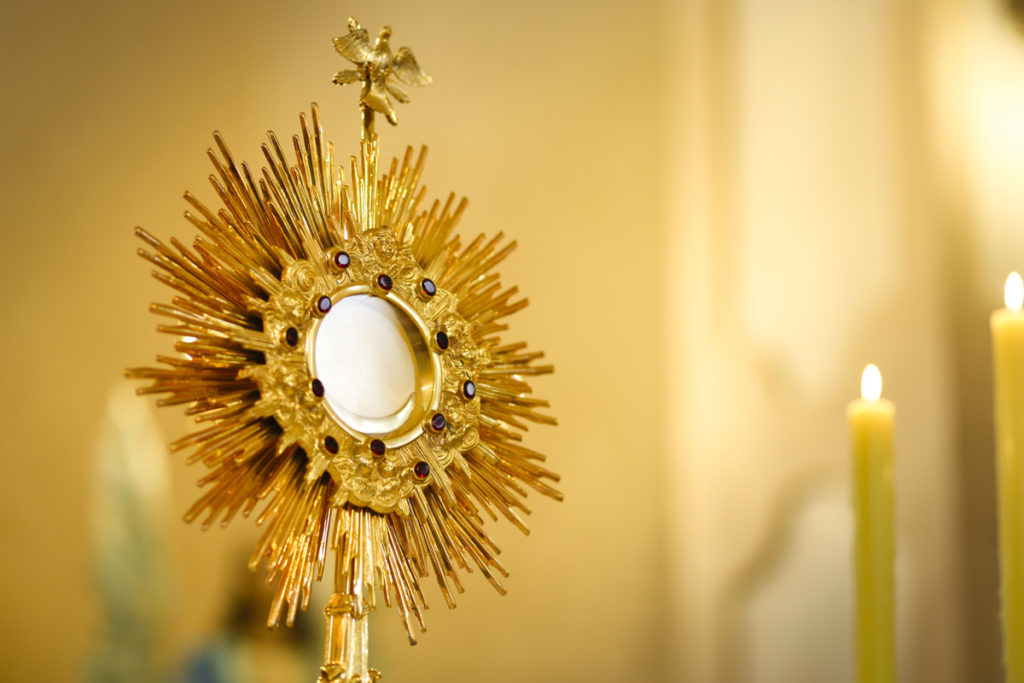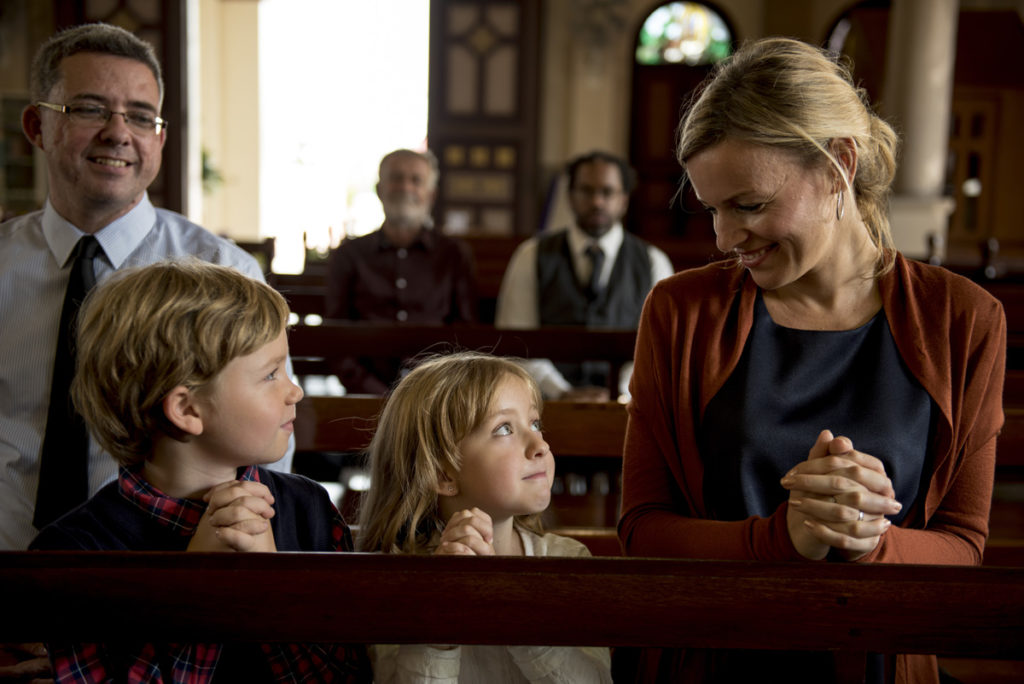10 things to consider when you want to work for the Catholic Church

Are you frustrated with the cutthroat pace of your current job? Looking for something more meaningful? Considering a transition from secular, for-profit employment to work for the Church or for a full-time Catholic ministry?
After nearly two decades in full-time, active ministry, I founded my own company which specializes in helping Catholic organizations find experienced temporary, casual and seasonal staffing. We also offer training and coaching on a variety of ministry related topics. Along the way, I’ve trained several people who have walked away from unsatisfying jobs in the corporate world to devote their lives to the service of the Church. Thinking about following in their footsteps? Here are some things to consider when making the switch from for-profit employment to work for the Catholic Church.
10 Considerations:
1. Make a Difference:
First of all, you need to understand that you will make a difference in more people’s lives than you may ever know. I continue to encounter people who express appreciation for the things that God accomplished through our collaboration. This has happened even many years after we worked together.
2. The need is great:
Parishes need your help-now more than ever! Today’s pastor could be responsible for the administration of as many as five churches. This is often the case, even with very little support staff.
3. Education options:
Today it’s easier and more affordable than ever before to gain advanced credentials in religious studies or theology. If you don’t have the degree that is generally required for the kind of work you’d like to be doing, there are lots of good options available.
4. Youth Protection policies:
The Catholic church has strict guidelines related to child and youth protection which differ among dioceses. The best way to make sure your on-boarding goes smoothly is to complete all required steps with the earliest available appointments.
5. Your Example Matters:
Remember who you are and what you represent. You represent your Church everywhere you go. If you are living your best Christian life, this shouldn’t be a big deal, but keep in mind that some people are more critical than others.
6. Work for the Catholic Church means long Hours:
Most work-related conversation takes place outside of normal business hours, including nights and weekends. If you have a family, be sure that they understand what may be expected of you, before you dive in head first.
7. It takes time:
Everything takes time. Even in parishes that are less collaborative, a pastor or administrator may need to consult diocesan leadership before moving forward with a particular initiative.
8. Conflicts:
The same conflicts that you’ve witnessed at your current job will probably happen in ministry too. Priests, deacons, and religious are human beings who make mistakes. Don’t be surprised when one of them has a bad day and says something, possibly to you, that you didn’t expect.
9. Work for the Catholic Church probably means lower compensation:
Furthermore, compensation in ministry is generally less than the secular world. If your family relies upon you to be the principal wage earner, you may want to look for side jobs that you can do around the rhythm of pastoral life.

10. Active Discernment:
Lastly, you can begin the transition from secular employment to ministry now, without leaving your current job. Start by discerning the gifts that God has given you, and the ways you can offer them in joyful service to your parish community.
Take the plunge
In conclusion, as you consider whether or not to work for the Catholic Church, there are many things to keep in mind. As you cultivate a relationship with your parish at a consistent interval, you’ll become synchronized with the rhythm of parish life. As a result this could eventually lead to a paying job in the parish, a recommendation for a paying job in another parish. Your first year will be challenging. You may make mistakes. You may even feel like giving up, but don’t get discouraged. Christ has called you to cast your nets on the other side of your boats. May your catch be enough to feed the ones you love, and the hungry of the world.
Elena V. Brandt is an experienced leader with a proven track record of implementing effective pastoral initiatives. Elena is a versatile pastoral innovator with over 15 years of experience in intercultural parishes. She has formed liturgical ministers on the diocesan level and most recently, was a presenter at diocesan workshops for the implementation of the Misal Romano, Tercera Edición.
Elena has a Bachelor of Arts in Music from CUNY, Queens College, a Master of Arts in Religious Studies from St. Joseph’s Seminary in Yonkers, New York, and a Certificate in Church Management through Villanova University & Our Sunday Visitor.
Search here for Catholic job postings, or Catholic Professionals you can hire.

